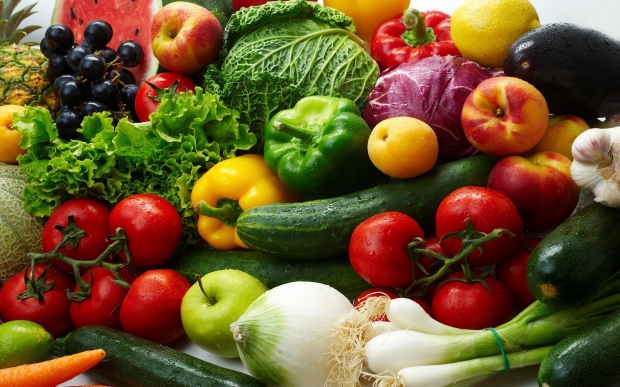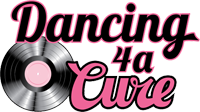Colon cancer deaths in the U.S. are declining due to the increase of colon cancer screenings. Advocates like Katie Couric have helped to shed light on the importance of early detection.
(via Huffington Post)
We LOVE this video of OB/GYN Deborah Cohan and her surgical team dancing to Beyonce just before her double mastectomy. She recently appeared on the Ellen Degeneres show and shared that she found her lump during a self-exam. Deborah wanted her surgical team to connect, have fun with her and be in a good mood prior to the surgery. “When you’re facing death it’s time to celebrate life.” says Cohan. She also says her truest self comes out when she’s dancing. We agree… dancing is our therapy too!

Making healthy food choices is an important component to lowering our risk to disease. Eating fresh vegetables, hormone free and organic foods have been proven to reduce our potential of cancer. We love these healthy food tips below from the Breast Cancer Fund (www.breastcancerfund.org).
Eat Your Veggies, but Kick the Can
We all know vegetables are great for us, but the lining in canned food can leach chemicals like BPA. Farmers’ market-fresh vegetables are a better choice, but if you can’t make it to the market or want something out of season, choose frozen over canned or look for brands that make BPA-free cans.
- Find more tips for kicking the can.
- Find out which canned food makers are trying to go BPA-free.
- Download our 10 Canned Foods to Avoid wallet card.
Eat Smart with Organic Foods
Organic produce is grown without harmful man-made pesticides and herbicides. Visit a farmers’ market for locally grown organic fruits and vegetables, or ask your grocer to stock organic produce. For extra points, look for antioxidant-rich fruits and vegetables high in vitamin E, vitamin C and beta-carotene.
Eat Hormone-free Meat and Dairy
When we eat meat and dairy products, we’re also eating the residue of what those animals ate, including pesticides, growth hormones and contaminants. Choose hormone-free beef or dairy to eliminate those traces of hormones that can enter our bodies and contribute to an increased risk of breast cancer.
Catch Some Non-toxic Seafood
In addition to mercury, seafood can also be contaminated with high levels of PCBs and dioxins (which you should especially avoid when pregnant). Buy farmed fish that are lower on the food chain; for larger fish like salmon and sea bass, buy wild-raised. And limit consumption of fattier fish, like lake trout, or fish that are bottom dwellers, like wild catfish.
Cook Healthier Fish
When you do eat fish, careful preparation and cooking can reduce the amount of PCBs consumed. Fillet fish to remove as much fat as possible. Frying may actually seal some of the toxic chemicals within the remaining fat, so bake it or broil it instead, which will cook off natural fats and cause the accumulated chemicals to drip out.
Grill with Care
Found in cigarette smoke and car exhaust, polycyclic aromatic hydrocarbons (PAHs) are also found in the char of heavily grilled foods. So when grilling, use a slower roast method, go for medium instead of well-done, and scrape off any of the black stuff that results from overcooking.
Include Soy, but Don’t Overdo It
Natural plant-based estrogens in soy may provide healthy benefits in low doses, but may be a risk factor for breast cancer in higher doses. So use it as part of your regular diet (tofu, anyone?) but stay away from concentrated or isolated forms of soy derivatives, including genistein pills.
Source: Breast Cancer Fund

#PreventionTip: Did you know that consuming alcohol increases a woman’s risk of hormone-receptor-positive breast cancer? Women who have as few as 3 drinks per week increase their risk by 15%.


